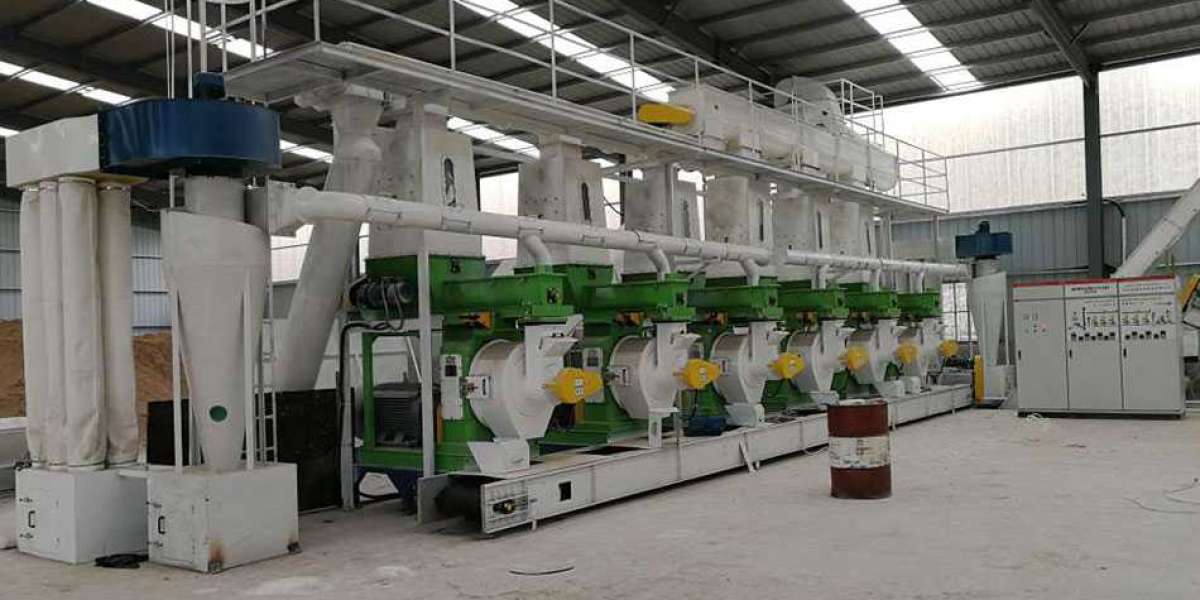Selecting the right biomass machinery for a specific application involves considering several factors to ensure efficiency, cost-effectiveness, and sustainability. Here are the key factors to consider:
1. **Type of Biomass**: The machinery should be compatible with the type of biomass being used, whether it's wood, agricultural residues, or other organic materials.
2. **Application Requirements**: The machinery should meet the specific needs of the application, such as size reduction, drying, pelletizing, or gasification.
3. **Capacity**: The machinery should have the capacity to handle the expected volume of biomass without overloading or underutilizing its capabilities.
4. **Energy Efficiency**: The machinery should be energy-efficient to minimize energy consumption and reduce operating costs.
5. **Emission Standards**: The machinery should comply with local and international emission standards to minimize its environmental impact.
6. **Cost**: The machinery should be cost-effective, considering both the initial investment and the ongoing operational costs.
7. **Reliability and Durability**: The machinery should be reliable and durable to ensure a long service life and minimize downtime.
8. **Maintenance**: The machinery should be easy to maintain and have readily available spare parts to minimize maintenance costs and downtime.
9. **Scalability**: The machinery should be scalable to accommodate future growth in biomass production or processing needs.
10. **Safety**: The machinery should have safety features to protect operators and minimize the risk of accidents.
11. **Incentives and Subsidies**: Consider any available incentives or subsidies for using biomass machinery, which can help offset the initial investment cost.
12. **Supplier Support**: Choose a supplier that offers good technical support, training, and after-sales service to ensure the machinery operates at its best.
13. **Environmental Impact**: Consider the overall environmental impact of the machinery, including noise pollution, waste generation, and water usage.
14. **Regulatory Compliance**: Ensure that the machinery complies with all relevant regulations and standards to avoid legal issues and penalties.
15. **Future Trends**: Consider the future trends in biomass technology and the potential for upgrading or retrofitting the machinery to stay ahead of industry advancements.
By carefully considering these factors, you can select the most suitable biomass machinery for your specific application, ensuring a successful and sustainable biomass operation.














